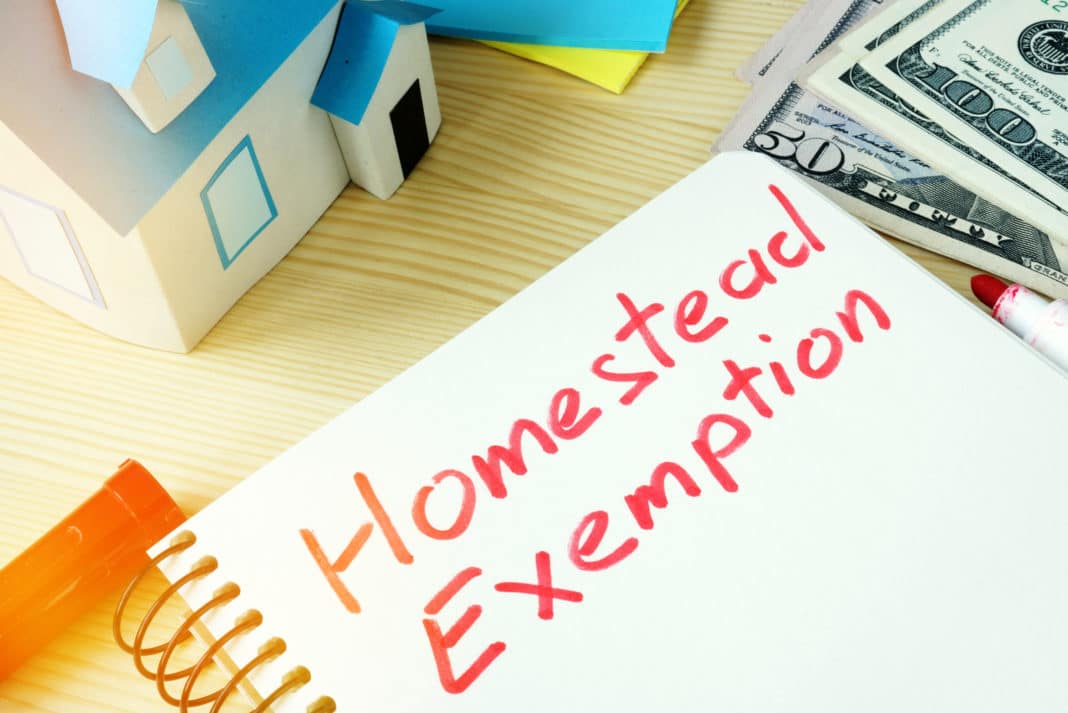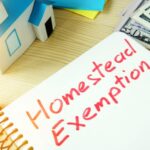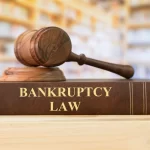In the dynamic landscape of real estate and property ownership, the New Jersey Homestead Exemption stands as a beacon for homeowners seeking financial relief. This crucial policy has been a game-changer for residents in the Garden State, offering a protective shield against rising property taxes. As we delve into the intricacies of the New Jersey Homestead Exemption, this article aims to unravel the mystery surrounding this significant fiscal advantage.
The Homestead Exemption isn’t just a mere tax break; it’s a lifeline for homeowners, fostering economic stability and community resilience. Through a careful examination of the eligibility criteria, application process, and the tangible benefits it bestows upon qualifying individuals, we will navigate the ins and outs of this essential initiative. Join eastcoastlaws.com on a journey to understand how the New Jersey Homestead Exemption empowers homeowners and fortifies the foundation of their financial well-being.
How Much Is the Homestead Exemption in a New Jersey Bankruptcy?
Note: they have not been updated and should only be used as a general reference. Certain states may have higher exemption levels, and your state may have amended its legislation to include new or remove existing exemptions. You need to confirm whether exemptions are available by doing your own research or by speaking with a local bankruptcy lawyer.
Fortunately, since New Jersey does not provide a state homestead exemption, filers can choose to use either the federal or state exemption systems. However exemptions from different lists cannot be combined, so you should choose the system that will best safeguard your most valuable possessions.
The federal exemption amount is provided below to assist you in making an informed decision. For your convenience, we’ve also provided links to comprehensive federal and state exemption lists, making it easier for you to choose the set that best suits your needs.
Remember that spouses can double some exemption amounts, but not all of them, if you’re married. Additionally, if you and your spouse own property as tenancy by the entirety and one of your files for bankruptcy, the bankruptcy trustee may be unable to use the equity in the property to settle debts. This is a challenging area, though. Speak with a local bankruptcy lawyer before filing to make sure you don’t lose any important assets and to find out about additional filing considerations for married couples.
| Federal Homestead Exemption | New Jersey Homestead Exemption | |
| Homestead exemption amount | $27,900 | $0 |
| Can spouses who file a joint bankruptcy double the exemption? | $55,800 is available to spouses who co-own property. | Not applicable. |
| Homestead exemption law | 11 U.S.C. § 522(d)(1) | Not applicable. |
| Other information | Amounts will adjust on April 1, 2025. | None. |
| Compare other federal and state exemptions. | Federal Bankruptcy Exemptions | Filing for Bankruptcy in New Jersey (NJ) |
When Can You Use a Homestead Exemption in a New Jersey Bankruptcy?
In New Jersey, eligibility for bankruptcy and the use of state exemptions depend on specific residency requirements. To qualify for New Jersey exemptions, an individual must have lived in the state for at least 730 days before filing. If the person has resided in multiple states over the two years preceding the bankruptcy filing, the exemptions of the state where they lived for the majority of the 180 days before the two-year period take precedence (11 U.S.C. § 522(b)(3)(A)).
The homestead exemption in a New Jersey bankruptcy plays a crucial role in protecting home equity from creditors. For instance, if a house is valued at $220,000 with a mortgage balance of $170,000, resulting in $50,000 equity, a Chapter 7 bankruptcy allows the use of a $50,000 homestead exemption to safeguard the entire equity.
However, in scenarios where equity exceeds the exemption amount, Chapter 13 bankruptcy may provide an option to retain the home by addressing the nonexempt equity through a repayment plan. Understanding these nuances is vital for individuals navigating the bankruptcy process in New Jersey.





